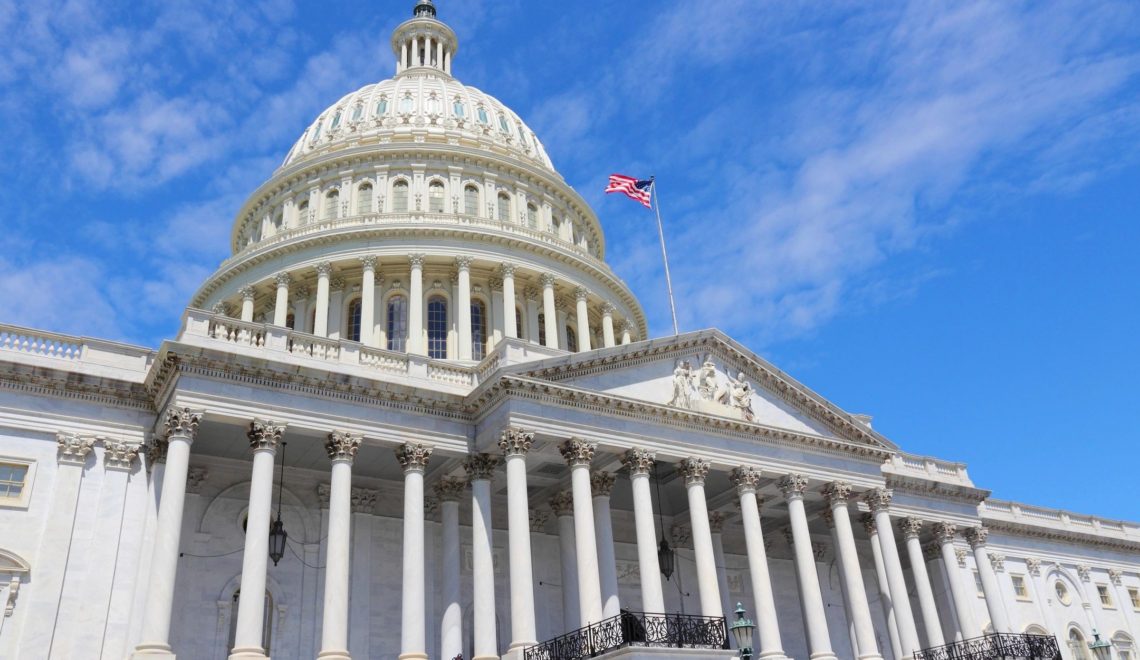As the late U.S. House Speaker Tip O’Neill said, “All politics is local,” and that pertains to energy as much as any issue.
Take the Metro section in the May 17 Washington Post where three stories remind us that battles over climate change are increasingly shifting from Washington to the states and local communities, as the Trump administration puts the kibosh on Obama-era environmental policies.
The lead story reports that Virginia Gov. Terry McAuliffe (D) has ordered state officials to develop regulations to reduce carbon emissions from power plants and encourage solar and other clean energy sources.
McAuliffe wants the plan, which is consistent with the Obama strategy for climate change and energy, implemented by the time he leaves office in January, a tall order given the resistance he will face from the Republican-controlled legislature in Virginia.
Nonetheless, his bid offers another example of states, especially those governed by Democrats and with coastal areas threatened by climate change, attempting to fill a void being created by the Trump administration.
His action came as the Pew Research Center released a poll showing that 83% of Americans say increasing use of renewable energy is a top or important priority for the U.S., and a majority believe government regulations are necessary to support the alternatives.
In the same section, The Post reports on how proposed natural gas pipelines are stirring up controversy in Virginia.
In what could be a boost for Lt. Gov. Ralph Northam, one of two Democratic candidates for governor in a June 13 primary, Virginia’s biggest utility has sent a letter to the company’s 76,000 employees, retirees and shareholders in the state that calls on them to consider a pipeline project when deciding whom to vote for.
Dominion Energy CEO Thomas Farrell called the Atlantic Coast Pipeline “one of the most important projects our company has ever undertaken.”
Northam has neither endorsed nor opposed the Atlantic Coast Pipeline, saying only that it and another gas pipeline project in Virginia should undergo strict environmental review. But his opponent in the Democratic primary, former Rep. Tom Perriello has come out against the pipelines over what he contends would be their harmful environmental impact.
Perriello has also made Dominion a target of criticism in his campaign for its political contributions and influence in Richmond.
Meanwhile, across the Potomac River in Maryland, the Montgomery County Council on an 8-to-1 vote adopted a resolution directing municipal employee pension funds to sell off stock in fossil fuel companies, The Post reported.
Fossil fuel stocks represent just $70 million of the country’s $4 billion pension portfolio. Moreover, the resolution is non-binding legally, according to the story.
Still, Montgomery County’s move is just the latest one among municipalities that have approved divestment of fossil fuel stocks over the last few years, including the District of Columbia, Minneapolis, Seattle, San Francisco and Portland, Ore., according to The Post.
Like many political patterns in the U.S. today, these actions in the Mid-Atlantic reflect divisions in the country over its energy future, with interest in green energy more pronounced on the East and West coasts than in areas in between those regions.
But it’s a scenario that’s likely to play out more now that Washington’s influence over energy and climate policy fades.








